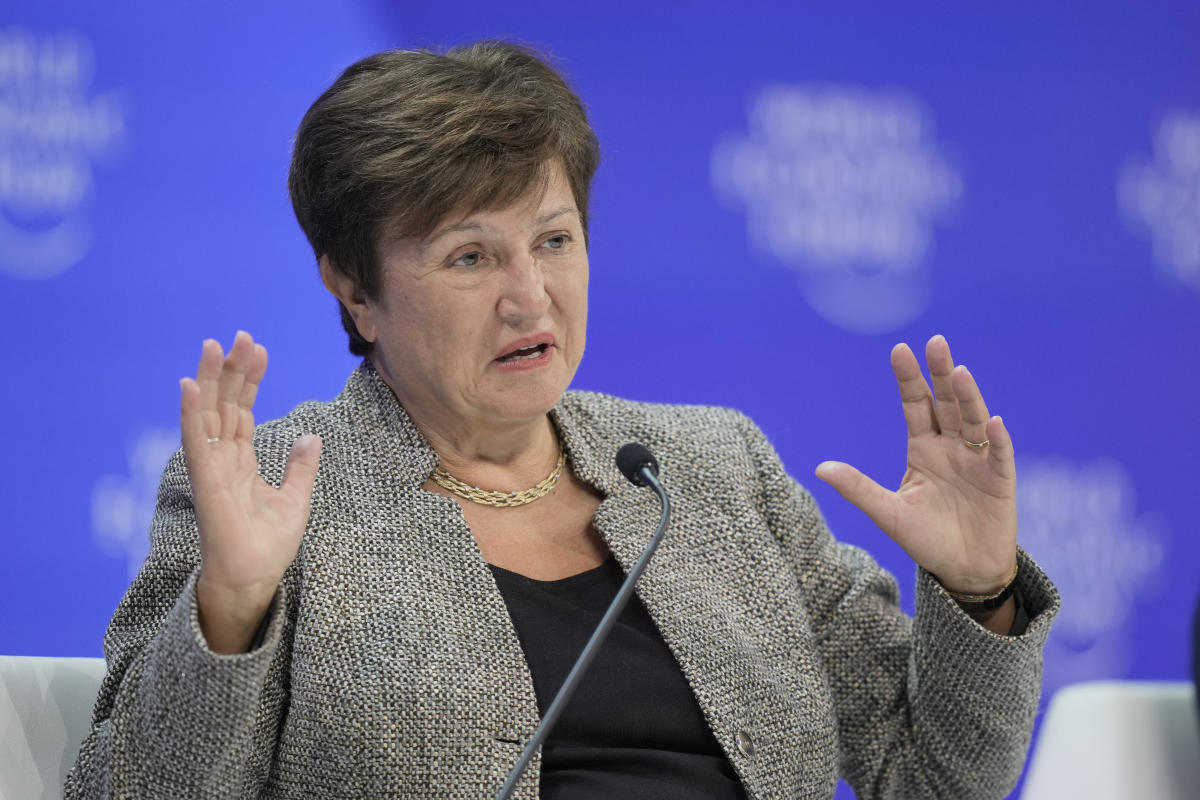During the spring meeting of the International Monetary Fund (IMF) and the World Bank, IMF head Kristalina Georgieva expressed concern about the state of the world economy. She mentioned that while the global economy has shown resilience in the face of challenges like higher interest rates and conflicts in Ukraine and Gaza, there are still areas of concern. One such concern is stubborn inflation, which, although down, is not completely eradicated. In the United States, strong economic growth has been met with a delay in bringing down inflation rates.
Another area of worry highlighted by Georgieva is the rising levels of government debt worldwide. She pointed out that in 2021, government debts increased to 93% of global economic output, up from 84% in 2019. This increased spending was a response to the COVID-19 pandemic, where governments had to provide healthcare and economic assistance. Georgieva stressed the importance of countries efficiently collecting taxes and managing public spending to build fiscal resilience for future shocks.
The IMF has forecasted a 3.2% growth for the global economy in 2024 and 2025, following a modest upgrade from previous forecasts for 2023. Despite this growth rate, Georgieva highlighted that it still lags behind historical growth rates. One reason cited for this slow growth is the lack of significant improvements in productivity. Georgieva emphasized that countries need to better match workers with technology and address aging labor forces that may limit economic growth potential.
Georgieva also noted differences in productivity gains between countries, stating that Europe has seen better productivity gains compared to North America’s lagging performance.
She attributed this difference to factors like regulatory efficiency, innovation facilitation, and energy costs. By reducing bureaucratic red tape, increasing women’s participation in the workforce and fostering innovation, countries could potentially boost their economic growth rates.
In conclusion, while Georgieva acknowledged some positive developments on a global scale concerning economic resilience amidst geopolitical tensions like higher interest rates or conflicts in Ukraine and Gaza; she raised concerns over persistent challenges such as stubborn inflation levels and rising levels of government debt worldwide.
She also emphasized on improving productivity gains through better matching workers with technology adoption and addressing aging labor force which can significantly impact overall economic performance across nations.
